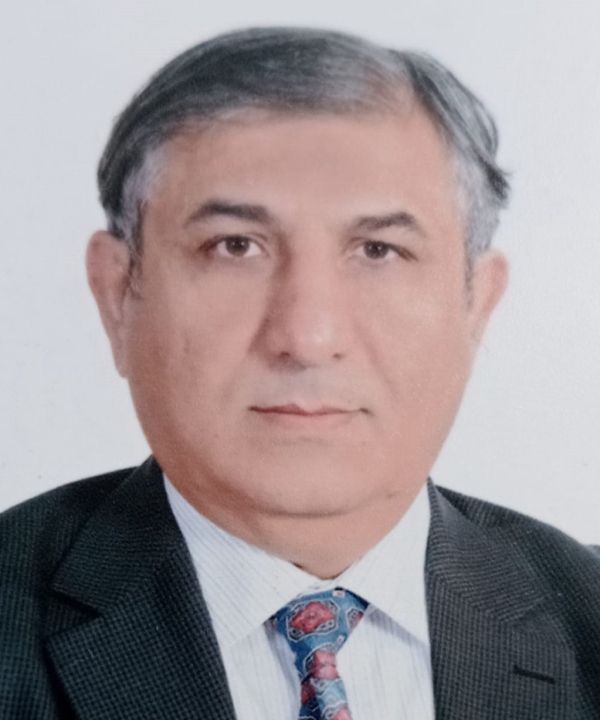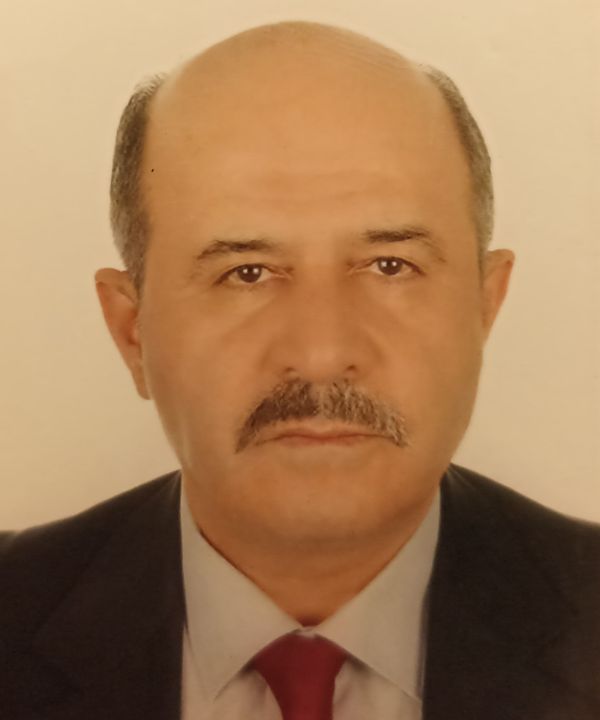ISTANBUL, Turkey: The global community has recognized that national institutions such as the judiciary are significant to ensure the promotion and protection of human rights.
Although the United Nations (UN) has written declarations that affirm the rights of vulnerable populations, there must be greater global effort on the part of governments, NGOs, and UN agencies to integrate peace, justice and human dignity into internationalization and globalization. Peace, justice and human dignity cannot take a back seat as societies expand their trade, supply chaining, and outsourcing.
Freedom and justice must prevail above all economic and political aspects of international trade relations, and treaties even if it requires cancelling trade agreements with countries that blatantly allow gross human rights violations to continue,” this was stated by Dr Ghulam Nabi Fai, Chairman, of World Forum for Peace & Justice.
He was addressing the issue of, ‘Determination of the Principles and Procedures of the Organization for Justice in India: A Case of Kashmir’ during ‘The Seventh International ASSAM Islamic Union Model Congress,’ held in Istanbul, Turkey.

Seventy-five academics, intellectuals, scholars, diplomats, experts and journalists from thirty countries made their contributing interventions during the Congress.
Dr. Fai highlighted the conditions of administration of justice in Indian-occupied Kashmir are appalling and frightening where the justice system has failed the unfortunate population of the State. We know that in particular, the minimum standards for the respect of the most fundamental rights and dignity of detainees are absent in Kashmir. More shockingly, these arrogations of globally recognized norms have been codified in laws passed by the Government of India which apply only to Jammu & Kashmir, particularly, ‘The Jammu and Kashmir Public Safety Act’(PSA) and ‘Armed Forces Special Powers Act’ (AFSPA).

PSA has been in force in Jammu & Kashmir since 1978, and allows people to be detained for up to two years on vaguely defined grounds to prevent them “from acting in any manner prejudicial to the security of the State or the maintenance of public order.” The broad definition given in this act to these expressions allows people to be detained without trial for simply questioning whether Jammu and Kashmir should remain part of India or not.
These laws grant armed forces immunity from prosecution, fostering impunity. Section 7 of AFSPA prohibits legal proceedings without prior permission for actions exercised under the act. Despite international appeals, these laws persist in Jammu & Kashmir, jeopardizing the people’s existence and undermining their fundamental human rights.
United States, Department of State, Country Report 2022 on India cites, “A lack of accountability for official misconduct persisted at all levels of government, contributing to widespread impunity.” Country report exposes India’s falsification in these words, “There were reports that police beatings of prisoners resulted in custodial deaths (see section 1.a.). There were reports of abuse in prisons by inmates and guards, as well as reports of rape of detainees by police. According to human rights NGOs, police used torture, other mistreatment, and arbitrary detention to obtain forced or false confessions.”

Dr. Fai highlighted the challenges faced by the judiciary in Jammu and Kashmir, where judges dispensing impartial justice face transfers, resignations, or denials of due promotions. The Human Rights Watch / Asia Report notes judges’ reluctance to challenge security forces’ actions, fearing reprisals.”
Thousands of individuals in Kashmir, taken into custody by armed forces, have disappeared, with estimates ranging from 8,000 to 10,000 persons, according to the U.S. Department of State’s Country Report. India’s refusal to allow NGOs and UN Special Rapporteurs to investigate further complicates addressing human rights abuses in Kashmir.
Recently, India’s Supreme Court upheld the Modi Government’s decision to revoke Jammu & Kashmir’s special status. This move, described by Arundhati Roy as a blow to federalism, raises concerns about the erosion of the Indian judiciary’s moral fabric.

In reality, the people of Kashmir are prisoners of conscience, deprived of their inalienable human rights, including the right to life and liberty. The demand for self-determination faces repression, necessitating global efforts to compel India to respect the people’s right to self-determination and cease crimes against humanity in Kashmir.
Dr. Fai’s remarks only scratch the surface of the prevalent human rights violations in Kashmir, forming a systematic policy of repression. The frequent occurrences of such events raise questions about the psychological toll on both the occupying forces and the affected families and neighbours.

In conclusion, Dr. Fai emphasized the shared humanity’s obligation to act promptly and decisively to address the ongoing human rights crises in Kashmir, safeguarding human life and dignity.

























